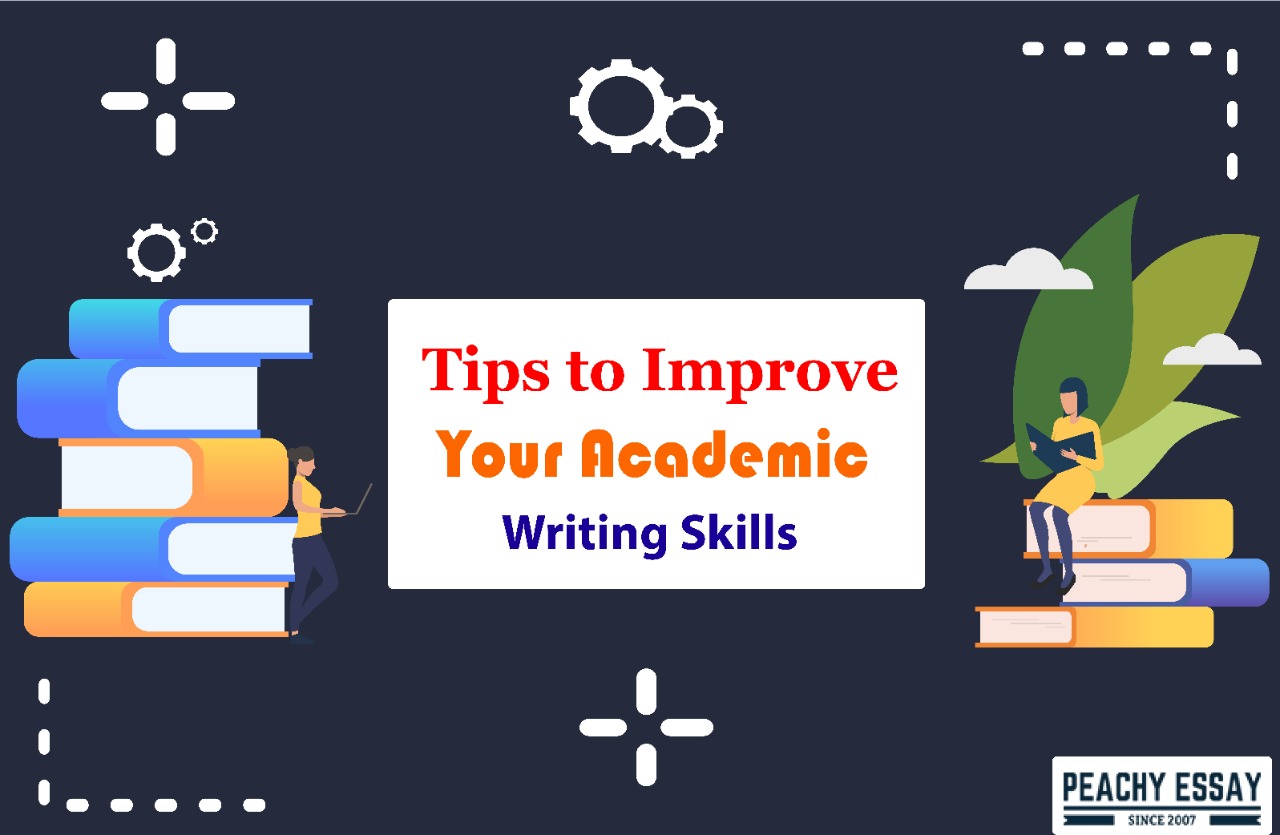Essay writing develops analytical reasoning and structured communication in students. Strong instruction builds clarity while guiding learners to organize their ideas effectively. Secondary students benefit when mentors focus on purpose, coherence, and creativity. Regular practice ensures fluency in forming paragraphs that express reasoning clearly. Through English Secondary Tuition, learners strengthen confidence and learn to write with precision.
Improving Grammar and Sentence Clarity
Clear grammar builds the foundation of a strong essay structure and meaning. Sentence control ensures that ideas connect smoothly without losing purpose.
- Grammar correction exercises enhance understanding of sentence formation rules.
- Punctuation drills help maintain flow and consistency across entire essays.
- Learners practice combining sentences that support logical sequence and clarity.
- Tutors emphasize tense accuracy to maintain a unified narrative tone.
- Structured lessons improve readability and precision in written communication.
Developing Argument Structure and Logical Flow
Argument building involves organizing thoughts into persuasive and coherent patterns. Each composition focuses on creating depth through clarity and focus.
- Learners plan thesis statements that define the purpose and direction of essays.
- Paragraph building activities strengthen transitions between main ideas.
- Feedback sessions identify weak reasoning and encourage improvement through examples.
- Practice tasks develop comparison skills for well-supported conclusions.
- Guidance refines the balance between creative thought and logical explanation.
Why Is Guided Practice Important for Learners?
Guidance provides structure that supports students in refining their writing process. Expert direction ensures a proper balance between creativity and academic accuracy. Learners receive feedback that shapes their expression into purposeful content.
Strengthening Writing Through Continuous Evaluation
Consistent evaluation helps learners improve through measured and supportive feedback. This method develops awareness of progress and strengthens academic writing confidence.
- Regular reviews ensure accountability in composition progress.
- Feedback analysis corrects patterns of weak structure and unclear ideas.
- Mentors highlight strengths to maintain motivation in learning.
- Timed writing tasks improve speed without losing quality.
- Evaluation promotes goal setting that leads to steady improvement.
How Can Students Develop Better Writing Habits?
Good habits form when students write consistently under structured guidance. Repetition trains focus while developing attention to grammar and flow. Mentors support self-discipline that sustains long-term improvement.
Advancing Vocabulary for Expressive Writing
Vocabulary growth supports creativity and enhances descriptive power in essays. Learners expand language depth through guided exploration of word use.
- Reading tasks introduce context-based vocabulary for improved comprehension.
- Learners apply new words in structured sentences for better recall.
- Tutors emphasize clarity when integrating complex vocabulary into writing.
- Vocabulary challenges motivate learners to practice word accuracy.
- Ongoing training promotes linguistic flexibility and refined expression.
Path Toward Academic Mastery
Progress begins when learners commit to consistent writing improvement through instruction. Mentors foster growth by turning writing challenges into learning opportunities. Structured essay practice enhances discipline and creative thinking simultaneously. Through professional guidance, students master the connection between logic and expression. With English Secondary Tuition, continuous refinement transforms learners into confident and skilled communicators.




